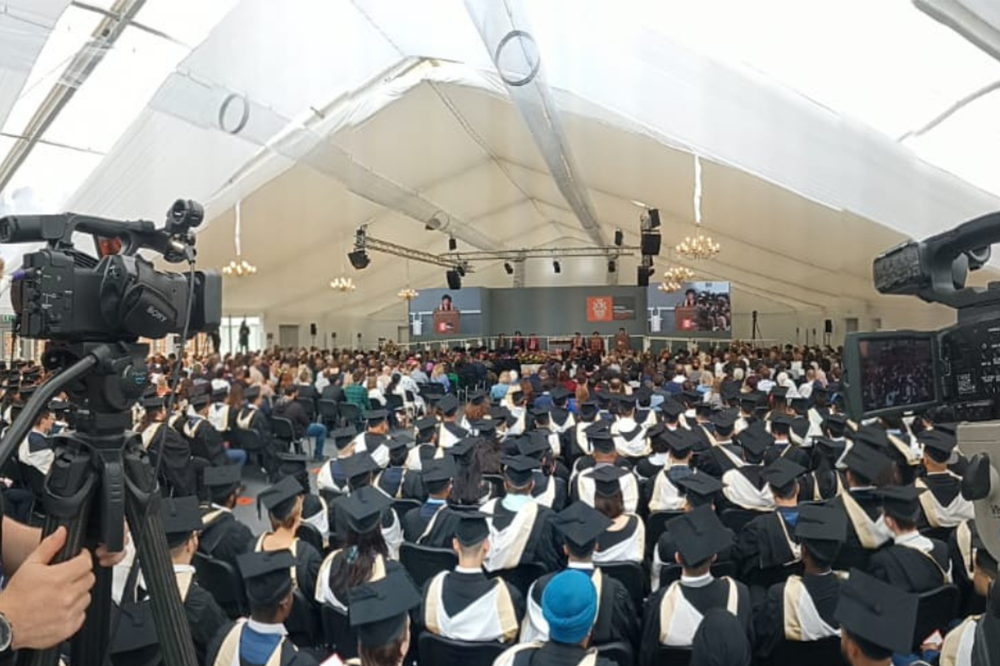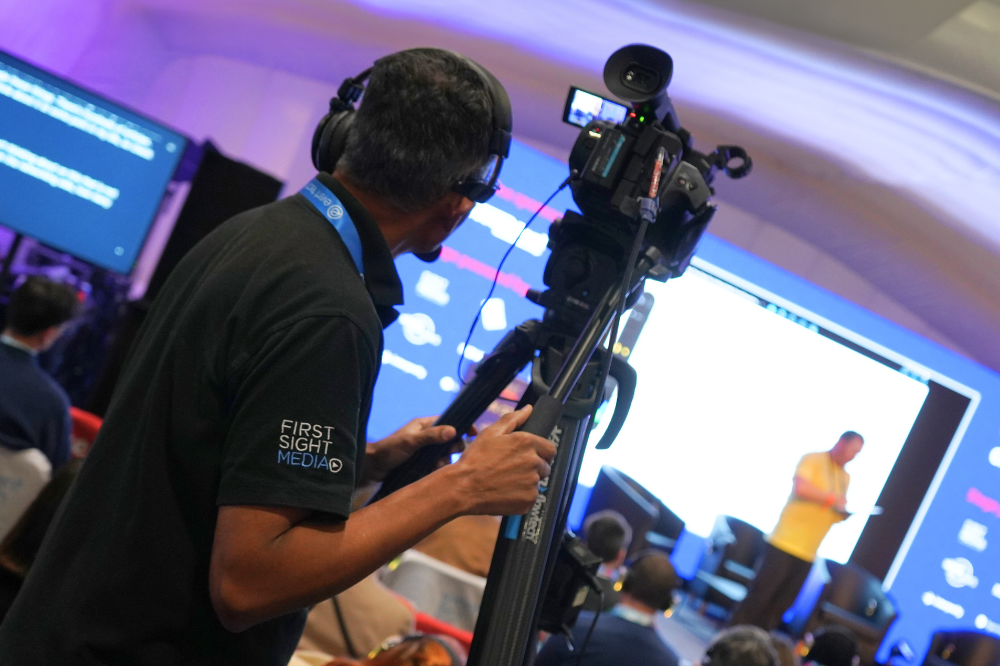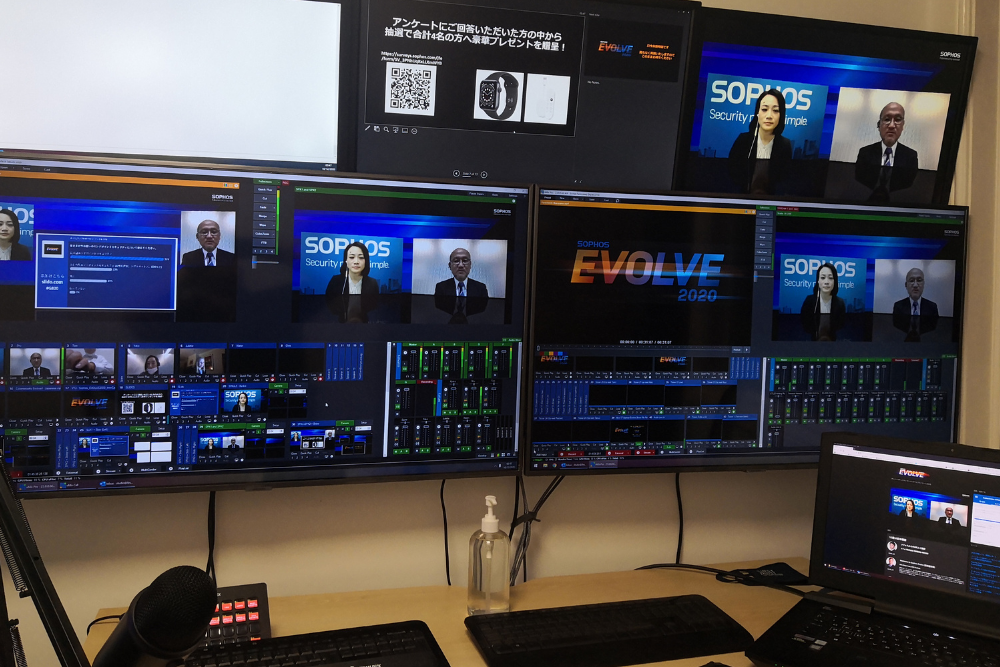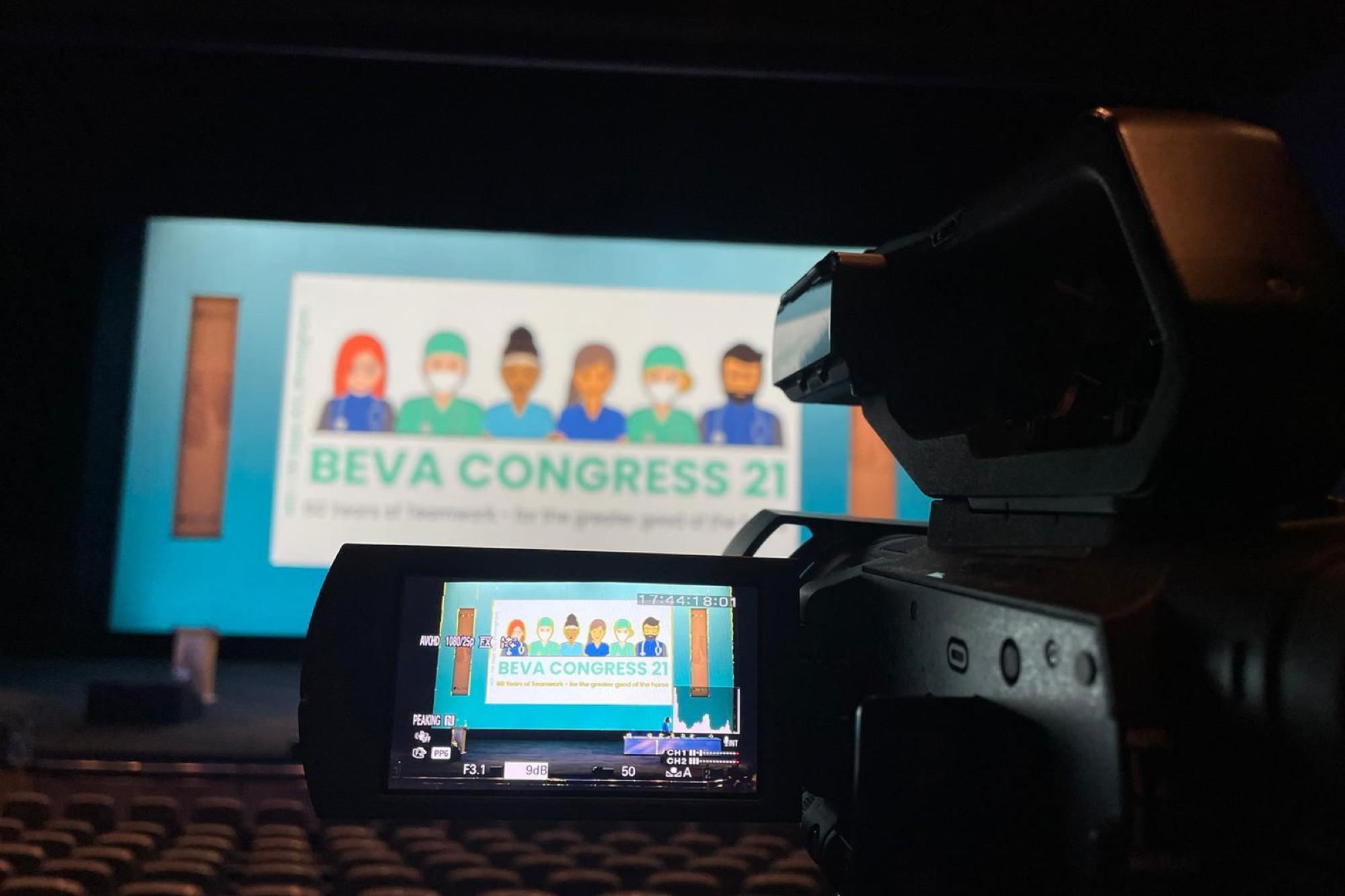The Future of Events in 2024:
Predictions from the industry leaders
Read the exclusive feature with advice from Lineup Ninja’s Joe Atkinson, Aniseed PR’s Jill Hawkins, Silent Seminars’ Duncan Strain, Walls.io ‘s Michael Kamleitner and Event Industry News’ Adam Parry.
It’s a new year, with new projects on the horizon and a greater push to challenge existing ways of thinking when it comes to producing a successful event. Event management can feel daunting, particularly with so many tech options, new data and a heavy mix of changing audience expectations thrown in for good measure.
As an event production specialist, First Sight Media has ringside seats to some of the best events about. We get to speak to some fantastic people in the industry and learn from all areas what it takes to create captivating and innovative events. We recently engaged with key industry leaders directly from the Event Tech Live (ETL) 2023 show-floor, getting the inside scoop on their essential top tips for events and their predictions for what trends we will see in 2024.
This collection of thoughts and forecasts from across the industry is aimed to provide food for thought and even some healthy debate (with the following containing some contradictory opinions…) as you plan your next move!

1) It’s all about AI, or is it?
We know that AI has the potential to significantly enhance many aspects of events, making processes and systemisation easier and enhancing inclusivity and engagement. It can help create even more customisable attendee experiences through tailored participation based on their preferences, needs, and interests. It can also analyse data that’s related to event engagement and even feedback, to identify areas for improvement. All this information can help guide organisers to make data-driven decisions.
One example of AI’s help at ETL was Silent Seminars’ collab with Interprefy. AI was used to deliver live interpretation, as Duncan Strain from Silent Seminars explained, “We're translating the content into French, Spanish and English so that people can actually choose what to listen to. Historically, that was always done with real people, with interpreters, either in the room or remotely. This year it's all done via AI.” The benefit of incorporating any features that promote inclusivity is that you’re offering all your attendees a personalised event experience...
However, Joe Atkinson from Lineup Ninja has predicted 2024 will see a more measured expectation when it comes to the world of our newfound intelligence friend. “I think we might be somewhere near the peak of inflated expectations for AI. People are more realistic about what they can and can't achieve. We won’t necessarily see a backlash against it, but we're all going to be more measured in what we simply cannot reach.”
2) The dawn of expanding events with content fuelling 365 engagement.
The event industry has traditionally been marked by a few poignant, annual spectacles that attract industry leaders and innovators. These events have often been the focal point for announcements, product launches, and networking opportunities.
However, a noticeable shift has been occurring in recent years, as the industry moves towards embracing smaller and more frequent events. Michael Kamleitner from Walls.io shared with us, “We’ve seen our customers moving away from having just one signature event each year. Instead, brands are creating an ongoing stream of smaller events and building a community and brand around it.”
ETL themselves have added ETL Vegas to their event calendar, taking place just 6 months after their main event. This is not only to expand their brand geographically, but to also add to the number of networking opportunities throughout the year. The purpose of this? Engagement. Small events equal intimate and more inclusive environments where networking takes on a new life. With more quality conversations being held, along with frequent follow ups at the next event, attendees aren’t just connecting once a year anymore. Keeping up these relationships produce efficient results and lead to a better understanding on the brand you are exhibiting.
It’s not just the event itself that needs to capture your attendees. Event organisers should be taking full advantage on getting as much content out there “It's about content creation – it will be the biggest topic of 2024.” - Michael Kamleitner. Do it weeks, even months leading up to “show day” to really ramp up awareness. Content is king in the digital age, and leveraging it strategically before, during, and after your event is essential.
Neil Thompson from The Delegate Wranglers added to this and said, “If content is king, engagement is queen”, so make sure your content is, above all else, engaging. During the same panel discussion at ETL he advised listeners, “When you meet someone at an event it shouldn’t be the first time you’ve spoken.” The awareness around your brand should be spread far and wide to really gain the full effect. This prolonged engagement ensures that your brand remains at the forefront of attendees' minds.
3) Event Apps: Easy is the new black
There’s an extensive range of event app options these days, offering your attendees a seemingly feature-rich platform with countless services to choose from. From custom developments and sponsorships to analytics and live updates. In fact, one of the latest examples of this comes with the help of AI.
A feature becoming popular amongst event organisers is a voice recording tool. This allows exhibitors to record conversations had with other attendees, to then later store and add to their data. With this, you’re avoiding looking disengaged as Strain stresses, “It’s a much better look than being at your exhibition stand and seeming as if you're on your phone…”
In contrast to this, what some of our industry leaders have identified, is the forgotten value of an easy-to-navigate event app. “A good event app is something simple” as Jill Hawkins at Aniseed PR explains. “It’s something that just tells you what you need to know, without any push notifications.” What Hawkins does suggest is:
- An easy-to-use system
- An efficient search engine
- Quick registration/login
But note as Joe Atkinson advises, “Since there are lots of registration vendors out there - be really clear with what your personal requirements are before committing to one.” Take your time when it comes to your suppliers – you want to get it right first time, don’t you?
4) Collaborate with your peers
Adam Parry from Event Industry News described the event industry as sometimes feeling like “a lonely place.” He explained, “As an event planner it can feel as if you’re on your own ship and everything is all down to you.” No pressure, right? But Parry believes that actually, there shouldn’t be. “I encourage event organisers to remember that this small but mighty industry is a friendly one. We are strengthened when we collaborate and discuss what’s working and what isn’t.”
Where to start? “Get into the bones of your peers and networkers. Find out what they like and what they don’t like. The world has changed a lot since the pandemic: decision making processes, budgets have changed, focuses have changed.” You could say, it’s as if we’re unravelling everything we have ever known and relearning a bigger, better, more advanced industry again. So, lean into it and be part of the change. “Remember you’re not just a member of this industry, you’re part of an association – an active member who can really help make a difference to the new age of the tech event industry.”
5) “Don’t just use tech for tech’s-sake!” – Jill Hawkins
Right now, people are going along with the status-quo and feeling obligated to use technology at their events. Technology can cover all areas, from registration portals, lead capture, LED video walls, interpretation, hybrid to virtual, event apps and of course, artificial intelligence. Be mindful, however, that technology comes at a cost and there may be no significant gain from it. Another risk of implementing technology without a clear purpose is that it will create distractions, rather than enhancements. Look, don’t discourage the idea of tech completely – but as Hawkin’s advises, “Don't use tech for tech’s sake.” She continues, “remember to only use tech if it actually adds to a benefit of the event, such as your delegates, visitors or exhibitors.” As long as the technology you’re using is amplifying the experience, it’s certainly worth using!
Be sure to also implement the tech in a way that respects the diverse needs and preferences of all the participants. Atkinson confirms, “Be really clear about what your goals are, what success looks like, and just really interrogate your suppliers and ask them how they're going to deliver what they're promising”.
With a variation of opinions, many that oppose the other, what is the takeaway from what we learnt at 2023’s Event Tech Live?
The overarching message: Bring it back to the basics.
“Don't get too distracted by all the noise about the latest and greatest technology,” Atkinson encourages. “Ask yourself, what do you want your outcomes to be? What does a successful event look like? Have you enlisted trusted venders who can deliver what they’ve promised?”
Reinforce the importance of aligning technological choices with the goals of your event. By staying focused on your objectives, understanding the needs of your audience, and incorporating technology purposefully, you can elevate your event to new heights. Now, let’s see what 2024 has to bring…
To hear more from the industry leaders, click here to watch their panel discussions.
Jill Hawkins: Is their space for the over 50’s in the events industry?
Joe Atkinson: Tech adoption Horror stories and hot tips
Neil Thompson: Hybrid and virtual events, don't drop the online value in the rush back to in person events
For help with your event production, go to https://firstsight.media/contact.



